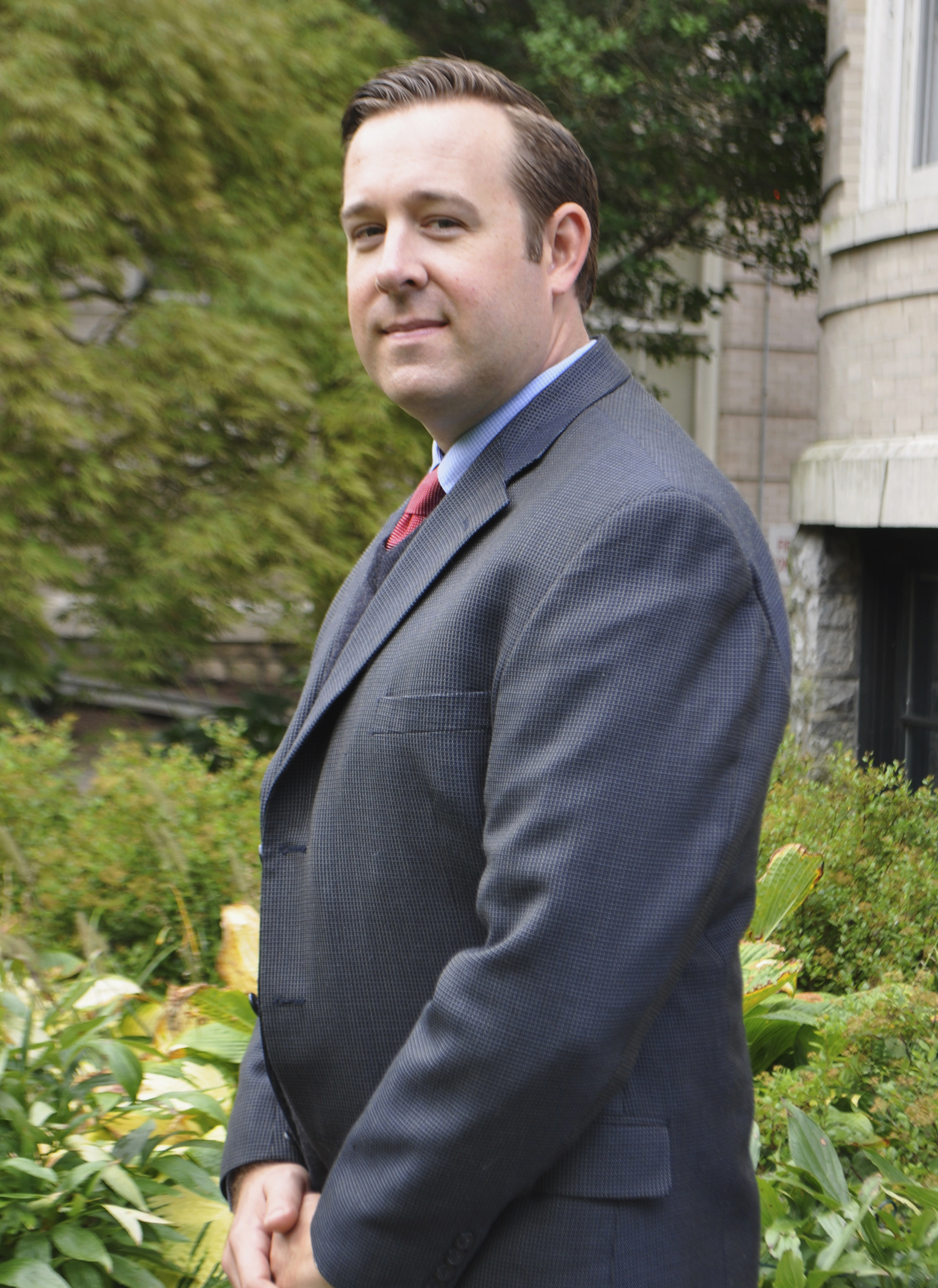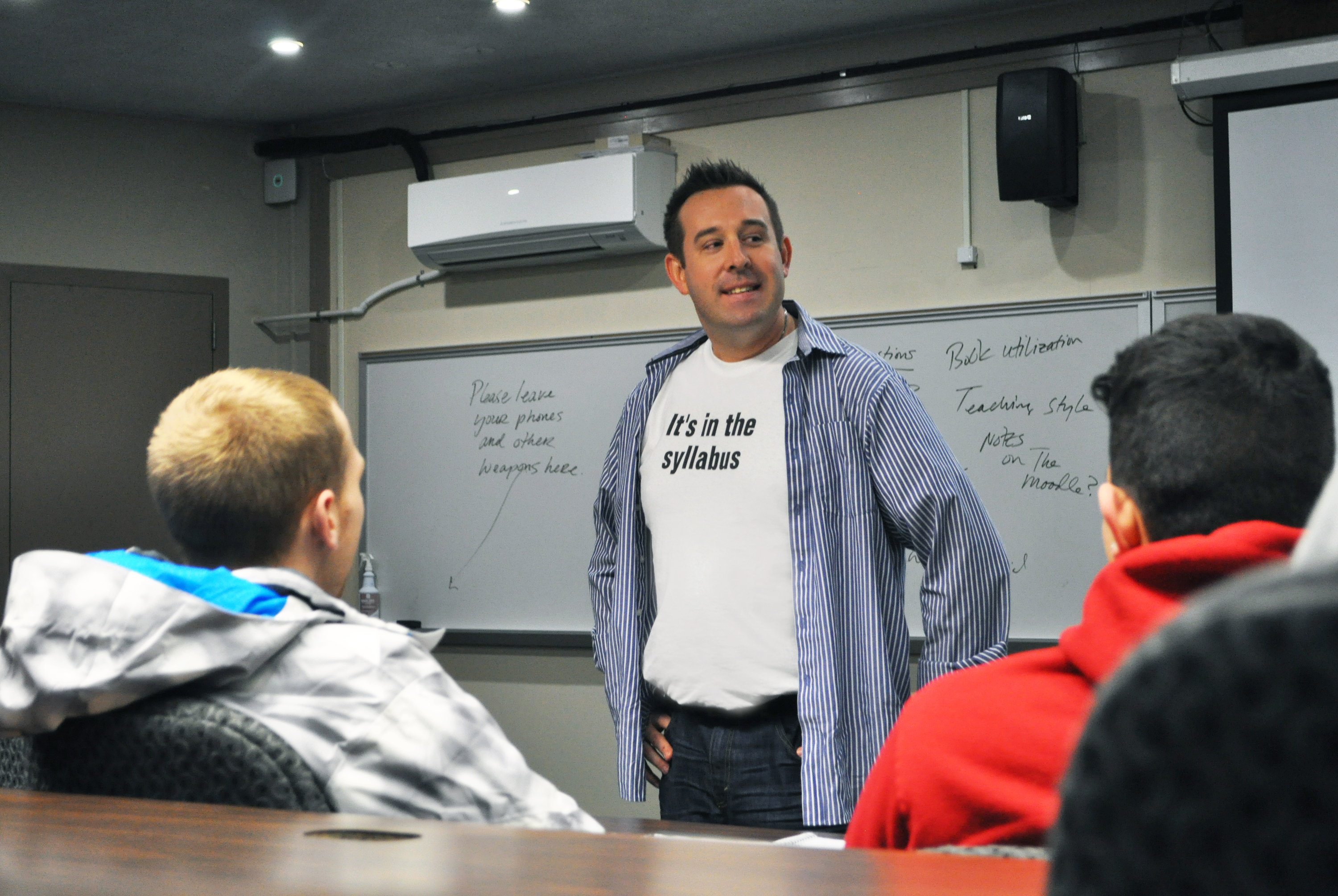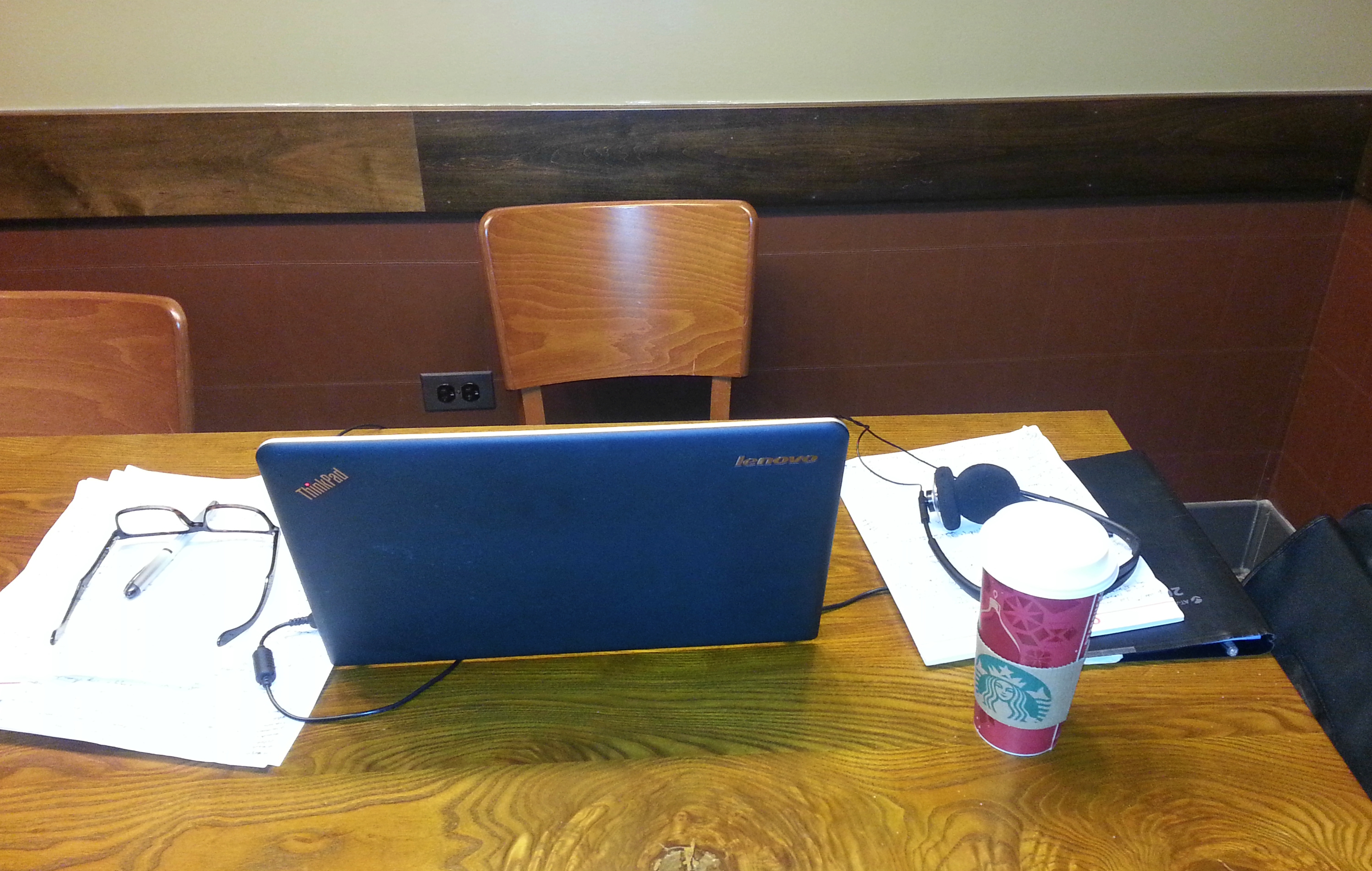
School name:
Centenary College of New Jersey
Type of college/university: Small Liberal Arts College
School locale: Rural
Classes I teach:
Intro Psych, Intro to the Major, Stats, Methods, Tests & Measures, Social, Personality
What’s the best advice about teaching you’ve ever received?
This nugget: “Teach depth over breadth.” I heard it first from Wayne Weiten when I was a student in his Teaching of Psychology seminar at the University of Nevada, Las Vegas. At the time, that advice made a lot of sense for us budding instructors who were hell-bent on covering as much material as we could in a 50 minute class session, and proving our competence. Now I take something different from it. There are very real limits to human attention and processing; we see this in our classrooms every day. So, it makes sense to dive deep with just a handful of themes during a class session. Differentiate formats of instruction, elaborate upon the themes, let students deeply connect with them, practice retrieving the information, and then assess students’ grasp both informally and formally. If anything, the textbook provides the breadth.
What book or article has shaped your work as a psychology teacher?
I was first introduced to McKeachie’s Teaching Tips back in Wayne’s seminar, and I still pick it from time to time when I need to be reenergized about being a professor.

Tell us about your favorite lecture topic or course to teach.
My favorite courses, due to the content and importance within the curriculum, are Stats and Research Methods. But when taking my students' interests and motivations into consideration, it would have to be Social Psychology. In particular, one of my favorite topics to teach would have to be Sexual Strategies Theory. The topic and predictions from this framework always seem to elicit discussion--especially new empirical questions. I particularly enjoy integrating research components into courses, and so topics like this can get students thinking like scientists. Eventually some join the research enterprise...
Describe a favorite in-class activity or assignment.
My classes tend to be discussion-heavy, so I will often rely on activities such as minute papers, think-pair-shares, small group conversations, and then whole class discussion. I would say that I most enjoy bouncing around from small group to small group. That way I am able to gain some sense of how students are processing and relating to the information in real-time. I am also able to privately answer questions students would avoid asking in a whole class discussion. I can reinforce students’ insights and encourage them to share with everyone when we regroup and break into full discussion. For me, this type of interaction is simple to achieve in small to medium classrooms, and it accomplishes a number of immediate and longer term outcomes.
What teaching and learning techniques work best for you?
I have occasionally made use of a “flipped” or “inverted” classroom over the last few years. I first toyed with putting up notes, reading quizzes, websites, YouTube clips, or pre-class assignments on my course management system. Eventually I got the bug, and uploaded my amateur podcasts and cheesy video lessons. I have found that this approach allows students to revisit lessons whenever, and for as many times as they would need. More importantly, perhaps, “flipping” can set a more interactive environment into motion within the classroom. In theory, students will come to class prepared and the level of discussion can be raised to a level much higher than it would in a completely traditional “read the textbook, take reading notes, then come to lecture, listen to me profess, and take lecture notes” mode of operation.
 What’s your workspace like?
What’s your workspace like?
I have been told my office resembles a T.G.I. Friday’s with all the sports and college memorabilia on my walls and bookshelves. My office chair is a balance ball, so that gets looks too. As much as I enjoy that space, I have found that I am happier and more productive if I hold my meetings and do less cognitively demanding work there. For some reason I tend to do my best writing and class preparation holed up in the back of a Starbucks.
Three words that best describe your teaching style.
Conversational, comedy, collaborative
What is your teaching philosophy in 8 words or fewer?
To be a firm--but fair--learning coach.
Tell us about a teaching disaster (or embarrassment) you’ve had.
I have not embarrassed myself lately, because I think I have reached the blissful state of not caring or “embracing the unexpected”… knock on wood. But back in my Master’s program, about 10 years ago, I was a guest lecturer delivering a Social lesson--attraction, mate selection, and the like--in a big auditorium. It seemed to be going well. The videos on PowerPoint were working, the dry erase pens in the classroom had ink. How rare is that? Students were respectful, attentive, interested (or at least well caffeinated), and even laughing at my jokes. I was feeling pretty good about things on all levels, in this, one of my first lessons at the university level. About 20 minutes in, my master teacher came up from the back row of the auditorium. I was shocked to see him on his way up to the stage. Was he bringing the hook to drag me off the stage? So, I asked him, “what’s up?” He whispered that I had a black streak on my face, completely across my forehead. I felt the blood immediately rush to my face. My cheeks became beet red, and then I playfully chastised the audience for not telling me I smeared dry erase ink across my forehead. I tried to recover, plowed on, and finished the guest lecture with no further hitches. This experience taught me two valuable lessons: 1.) use the back of your hand if you feel the need to touch your forehead while in the classroom, and more importantly 2.) you can recover from any teaching disaster with the right attitude.
What is something your students would be surprised to learn about you?
I was a washed-up college athlete and fraternity president before I found psychology.
What are you currently reading for pleasure?
Alternating between classic ToP articles on Introduction to the Psychology Major courses and Zachary Lazar’s Evening’s Empire: The Story of My Father’s Murder.
What tech tool could you not live without?
My iPad. I use it to help me put students’ faces to names, take attendance, and randomly select students to call on. Also, if I use slideware for a presentation, I prefer to control it and make annotations using my iPad.
What’s your hallway chatter like? What do you talk to colleagues about most (whether or not it is related to teaching/school)?
The second floor hallway in Bro Hall is rather lively, and as a new faculty member, I am particularly grateful for such a warm environment. During prime time many of us are riffing on events of the day, making light-hearted cracks about one another, or bemoaning the plight of the Mets, Giants, and/or Nets. It is also a hallway culture in which folks keep their doors open most of the time. This allows colleagues to pop in and consult about statistics, solicit teaching suggestions, and touch base with one another.
